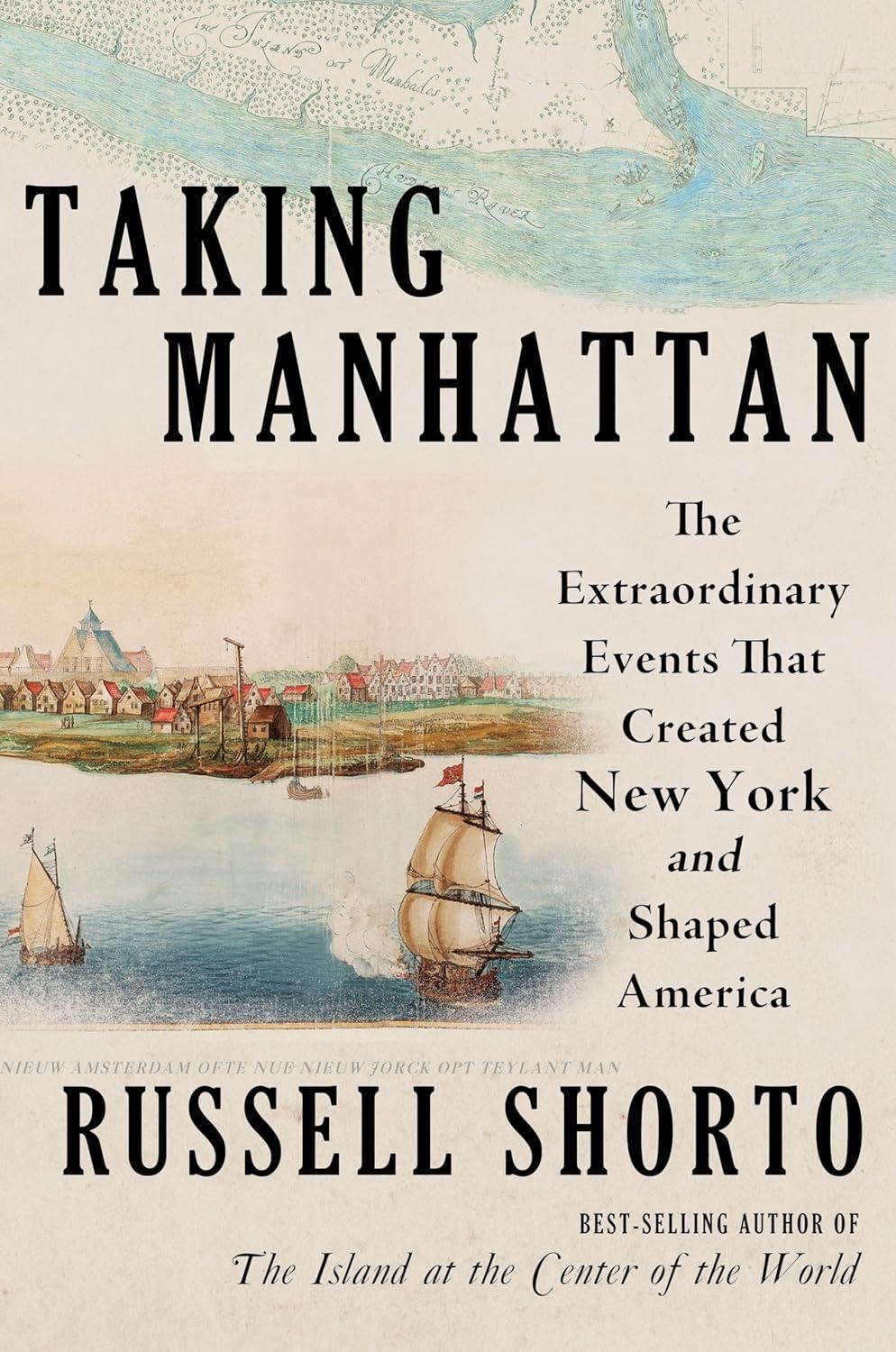Water was the reason for valuing this place before any Europeans arrived. Water was and is the primary element in Lenape culture. A version of the traditional water song, sung by Grandmother Clara Soaring Hawk of the Ramapough Lenape at an event I attended in 2024, goes like this:
We sing this song like a lullaby.
The song means the water is the life’s blood of our mother the earth.
Water is the life’s blood of our own bodies.
So we begin on the water. It’s August 26, 1664, a Tuesday, late in the summer of what has already been a very busy year for a man named Richard Nicolls as he stands on the deck of a wooden vessel making its way into this broad, tree-bristling amphitheater of a harbor.
He is faced with a dilemma. On the one hand, he’s right where he wanted to be: hugging the coast of Long Island, approaching his objective. His problem is he’s alone: it’s just his one ship, gliding toward a vast, ornate waterscape that will soon become enemy territory. That isn’t the case yet because his country, England, and the Dutch Republic, which has had a colony on this stretch of the eastern seaboard of North America for nearly a half century, are at peace. But tensions at home have been building—fueled largely by English jealousy toward the much tinier nation that within a short span has become Europe’s economic powerhouse. This mission of his, as Nicolls knows perfectly well, will likely tip the two longtime rivals into war.
His full convoy, wherever the rest of it is, comprises 4 frigates, 450 men, and 92 cannons, “exceedingly well fitted with all the necessaries for warre,” as a knowledgeable observer put it. The packing of the holds with powder and shot, not to mention firelocks, matchlocks, carabines, saddles and bridles, bandoliers and bells and halberds, flintstones and hatchets and nails, and the manning of the expedition with seasoned soldiers, was the result of careful planning six months earlier in England. But then came a hard ten weeks’ crossing of the Atlantic, an eternity of puking and stinking soldiers pitching up and down with the swells, no doubt contemplating at times the likelihood, the mercy, of a watery grave. The ships became separated and continued to America one by one. Nicolls’s flagship limped into port on the Maine coast; the others found their way to Nantucket. Nicolls and his lieutenants eventually regrouped in Boston. The convoy then set out south for the Dutch colony of New Netherland, but the ships became separated yet again. So here he is, sailing alone toward his future.
